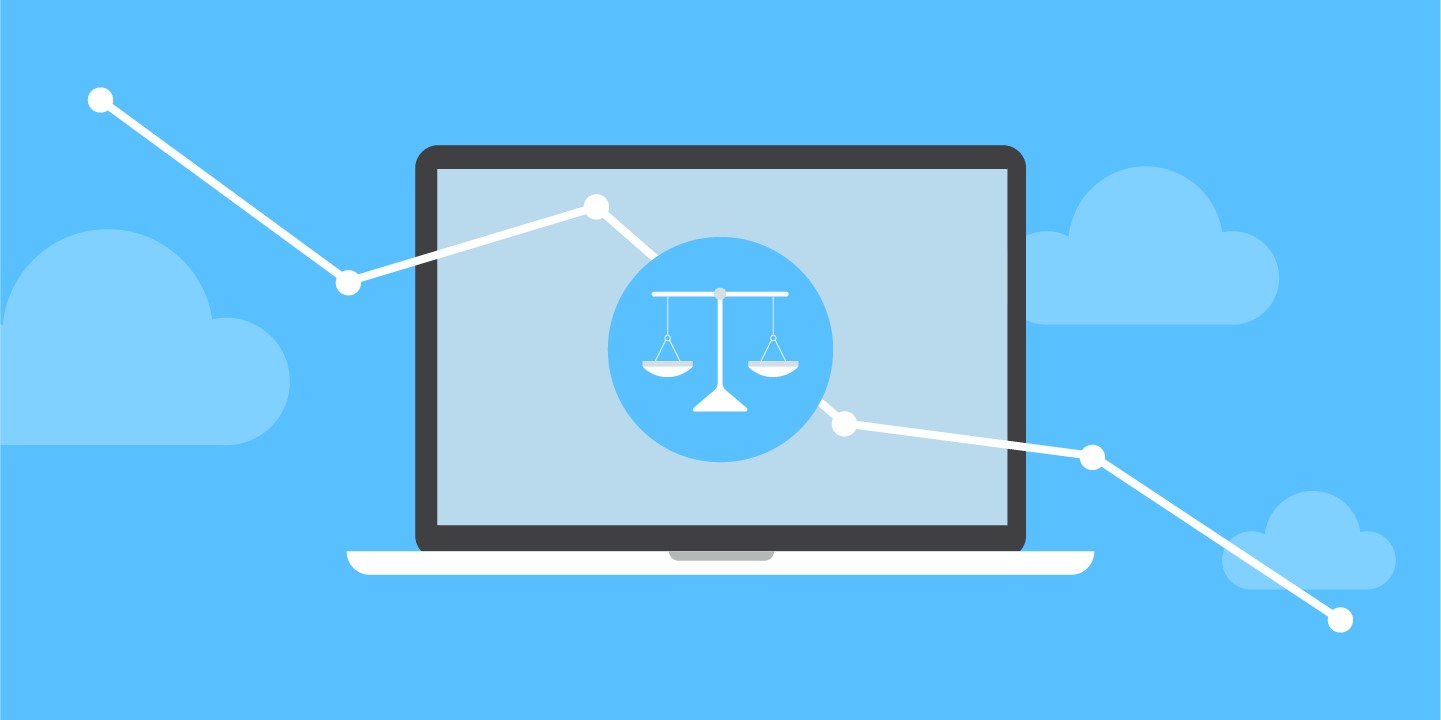
Legal technology is transforming the way law firms operate, making processes faster and more efficient. But what exactly is legal technology? Legal technology refers to the use of software and technology to provide legal services and support the legal industry. From AI-powered research tools to e-discovery platforms, these innovations are reshaping the legal landscape. Imagine automating mundane tasks, reducing human error, and speeding up case resolutions. Sounds like a game-changer, right? Whether you’re a lawyer, paralegal, or just curious, understanding these advancements can give you a glimpse into the future of law. Ready to dive into the world of legal tech? Here are 19 facts that will blow your mind!
Legal Technology: A Game Changer
Legal technology is transforming the way law firms and legal departments operate. From automating mundane tasks to enhancing client communication, it's making waves in the legal world.
-
Artificial Intelligence (AI) in Legal Research: AI tools can sift through vast amounts of legal data to find relevant information quickly. This saves lawyers countless hours and improves accuracy.
-
E-Discovery: Electronic discovery, or e-discovery, allows lawyers to collect, process, and review electronic documents for litigation. It streamlines the discovery process and reduces costs.
-
Document Automation: Legal tech can automate the creation of standard legal documents like contracts and wills. This reduces errors and frees up time for more complex tasks.
-
Virtual Law Firms: Technology enables lawyers to work remotely, creating virtual law firms. This flexibility can lead to lower overhead costs and a better work-life balance.
Enhancing Client Communication
Effective communication is crucial in the legal field. Legal technology offers several tools to improve how lawyers interact with clients.
-
Client Portals: Secure online portals allow clients to access their case information, communicate with their lawyer, and upload documents. This transparency builds trust and keeps clients informed.
-
Chatbots: AI-powered chatbots can answer common client questions and provide basic legal advice. This ensures clients get timely responses, even outside of office hours.
-
Video Conferencing: Tools like Zoom and Microsoft Teams enable face-to-face meetings without the need for travel. This is especially useful for clients in different locations.
Improving Efficiency and Accuracy
Legal technology not only saves time but also enhances the accuracy of legal work. Here are some ways it achieves this.
-
Time Tracking Software: Automated time tracking ensures lawyers accurately bill their hours. This reduces disputes over billing and ensures fair compensation.
-
Case Management Systems: These systems organize all case-related information in one place. They help lawyers stay on top of deadlines, manage documents, and track case progress.
-
Legal Analytics: Analytics tools can predict case outcomes based on historical data. This helps lawyers develop better strategies and advise clients more effectively.
Security and Compliance
In the legal industry, maintaining confidentiality and compliance is paramount. Legal technology provides robust solutions to these challenges.
-
Encryption: Advanced encryption methods protect sensitive client information from unauthorized access. This ensures compliance with data protection regulations.
-
Secure File Sharing: Tools like Dropbox and Google Drive offer secure ways to share documents. They include features like password protection and expiration dates for links.
-
Compliance Management Software: This software helps law firms stay compliant with various regulations. It tracks changes in laws and ensures all practices are up-to-date.
The Future of Legal Technology
The legal tech landscape is constantly evolving. Here are some emerging trends that could shape the future of the industry.
-
Blockchain for Smart Contracts: Blockchain technology enables the creation of smart contracts that automatically execute when conditions are met. This reduces the need for intermediaries and speeds up transactions.
-
Virtual Reality (VR) in Courtrooms: VR could be used to recreate crime scenes or present evidence in a more immersive way. This could help juries understand complex cases better.
-
AI Judges: Some countries are experimenting with AI to assist judges in making decisions. While controversial, this could lead to more consistent and unbiased rulings.
Legal Tech for Access to Justice
Legal technology can also play a significant role in making legal services more accessible to the general public.
-
Online Legal Services: Websites like LegalZoom offer affordable legal services online. This makes it easier for people to get legal help without breaking the bank.
-
Pro Bono Platforms: Technology connects lawyers willing to do pro bono work with those in need. This ensures that even those who can't afford legal services get the help they need.
-
Legal Aid Apps: Mobile apps provide legal information and resources to those who need it. They can guide users through simple legal processes and connect them with legal professionals.
Legal Tech's Impact on the Future
Legal technology is reshaping the legal industry. From AI-powered research tools to blockchain for secure contracts, these advancements are making legal work faster, more accurate, and accessible. Lawyers can now focus more on strategy and client interaction rather than getting bogged down by paperwork. E-discovery tools help sift through mountains of data in seconds, while virtual law firms offer services without the need for physical offices. This tech not only saves time but also cuts costs, benefiting both legal professionals and clients. As these tools evolve, expect even more innovative solutions that will continue to transform the legal landscape. Staying updated with these trends is crucial for anyone in the legal field. Embracing these changes can lead to a more efficient, effective, and client-friendly practice.
Was this page helpful?
Our commitment to delivering trustworthy and engaging content is at the heart of what we do. Each fact on our site is contributed by real users like you, bringing a wealth of diverse insights and information. To ensure the highest standards of accuracy and reliability, our dedicated editors meticulously review each submission. This process guarantees that the facts we share are not only fascinating but also credible. Trust in our commitment to quality and authenticity as you explore and learn with us.


